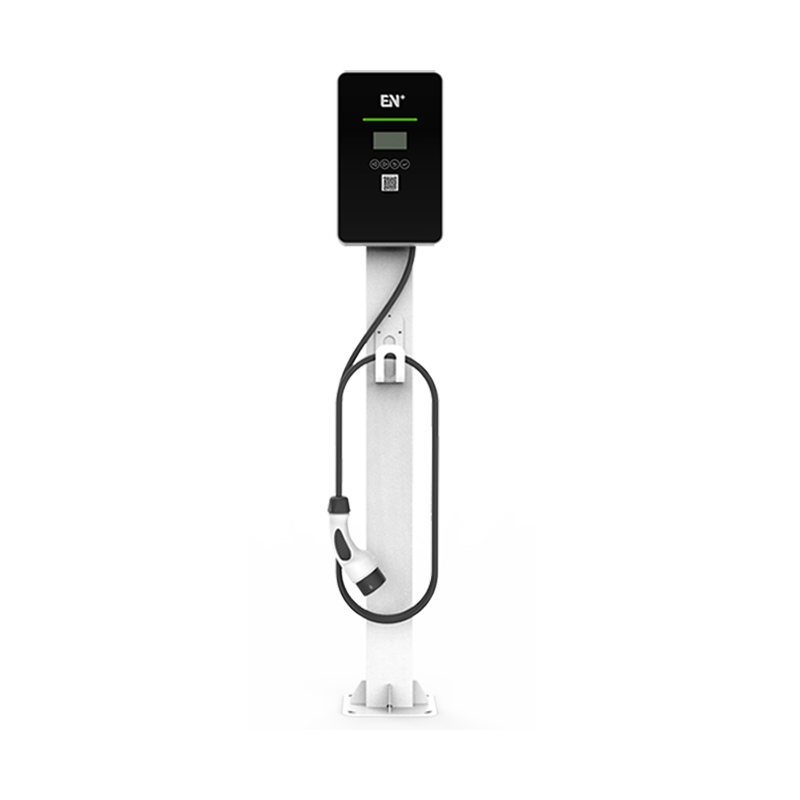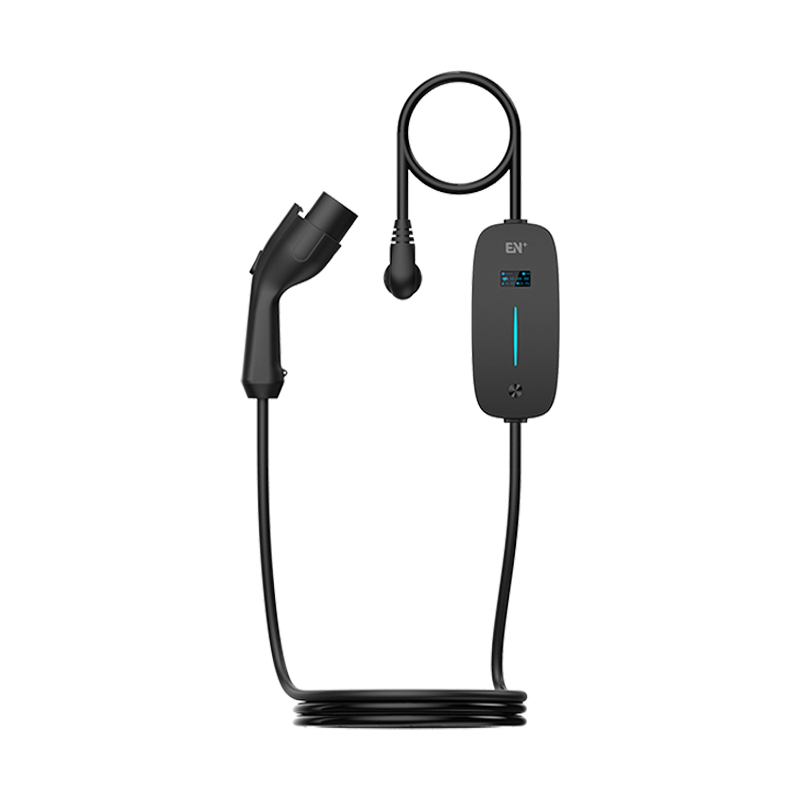AC EV Chargers
Level 2 AC chargers are suitable for both home and commercial use. With easy installation, they’re ideal for adding EV charging capabilities to your property.
AC Chargers for Different EV Charging Needs
Our Product Benefits
EN Plus’ AC chargers up to 22kW, meet home and commercial scenarios, and verified by CE, UL, CB,GB & UKCA.
Our EVSE supports various authentication methods, including RFID, Credit Card, QR Code and mobile app payments, to offer your customers payment flexibility and convenience.
Our system supports multi-tiered energy pricing (time-of-use tariffs) and multi-tiered parking pricing, allowing you to tailor the pricing strategy to your specific needs.
EV Charging FAQs
- How do AC chargers work?
An AC charger for electric vehicles (EVs) operates by taking electricity from the grid, which is typically in the form of Alternating Current (AC), and converting it into the Direct Current (DC) necessary for charging the EV’s battery. This conversion process ensures that the EV receives the correct voltage and current for efficient charging.
AC chargers are best suited for routine charging scenarios, such as at home, at the workplace, or in locations where EVs remain parked for extended periods. They are beneficial for overnight charging or when the vehicle is stationary for an extended duration, such as during work hours or shopping.
- What types of electric vehicles can be charged with AC chargers?
- Battery Electric Vehicles (BEVs): These EVs run solely on electric power and have no internal combustion engine. Examples include the Tesla Model 3 and Nissan Leaf.
- Plug-in Hybrid Electric Vehicles (PHEVs): PHEVs have both electric and gasoline engines. They can operate in electric-only mode for a certain distance before switching to gasoline. Examples include the Toyota Prius Prime and Ford Escape PHEV.
- Extended-Range Electric Vehicles (EREVs): EREVs have an electric motor that drives the wheels, but they also have a gasoline generator to extend their range when the battery is depleted. The Chevrolet Volt is an example of an EREV.
- Hybrid Electric Vehicles (HEVs): While not typically charged externally, some HEVs have a plug for limited electric-only driving. Most HEVs use regenerative braking to charge their batteries and do not require external charging. Examples include the Toyota Prius and Honda Insight.
- How fast are level 2 AC chargers?
- A Level 2 charger with a power output of 7 kW can charge a mid-sized electric car, like the Nissan Leaf, from empty to full in approximately 6-8 hours.
- If you have a Tesla Model 3, which has a larger battery capacity, a Level 2 charger with a power output of 11 kW may take around 9-11 hours for a full charge.
Find the right EV charging solution for your business
Let us help you find the solution to grow your profitable business.










